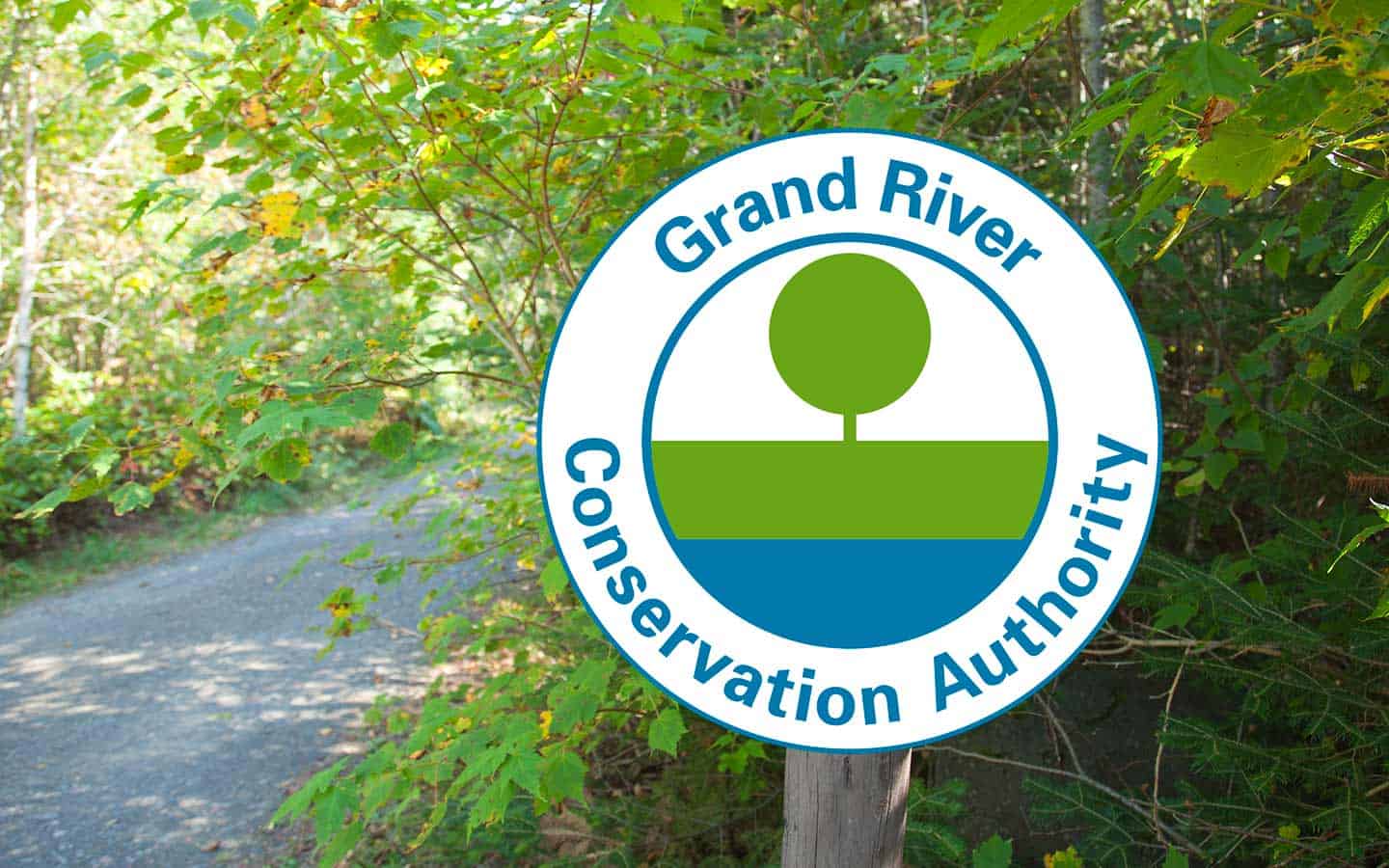What’s better than waiting around while your kids take part in recreational activities? Joining in, which is precisely what prompted the Swim Together program offered by the Woolwich Wave swim club in conjunction with the University of Waterloo.
The pilot project sees mothers join with their daughters for some time in the pool at the Woolwich Memorial Centre.
For Erin Schmidt, the coach of Woolwich Wave for the past six years, the idea of appealing to parents has been a longstanding topic of interest.
“For years actually we’ve been talking about … how can we get parents to be active while their kids are doing activities?”
The solution came about in the now weekly program Swim Together. “I think it’s a great opportunity for them to find a way to be active themselves and to role-model up for their kids.”
The program isn’t Schmidt’s own creation. Katie Misener, professor in the Applied Health Sciences Program at the University of Waterloo, has also been a key player. The two became acquainted through their children being in some of the same classes at school.
“My interest in this program stemmed from my research in community sport management, where we see that… oftentimes, parents are assumed to be sideline spectators within the minor sports club system. We were looking to shift that,” said Misener.
She notes that due to the pandemic, unhealthy social trends have been on the rise, with physical activity levels reducing and obesity rates increasing, and the feeling of social isolation. A program like Swim Together was a great chance to offset some of the deteriorating health issues unfolding.
“But this project even started well before COVID, where we wanted to try to reconceptualize the use for context, as a mechanism to deliver parent health at the same time,” Misener explained. “Something that we know from the literature is that a woman’s priority can really shift once she becomes a mom, from looking after herself to looking after her family. And so, for some mothers, this means that physical activity, including for recreational sports becomes an activity that has guilt associated with it, in terms of both time and cost. And so, instead of prioritizing just the kids at the expense of the mom’s health, and assuming that parents can be spectators, we wanted to try to engage both mom and daughter simultaneously and track some of the outcomes that might happen from them being involved at the same time. And it’s been really powerful.”
The program sees moms and daughters come out together to the WMC. Half the pool is in use for the first portion of the night, with the moms instructed by University of Waterloo coach Jacky Beckford-Henriques as a university student coaches the girls.
Later, both groups are brought together to do something more fun, a bonding exercise with the moms and the daughters so that they can feel more like they’re swimming together, she explained.
For participant Kyla Bloch, the opportunity to join her daughter Hadley in the water has been a great experience, along with a chance for some activity in the water.
“It was really great to have the opportunity to be coached again. I think for most adults, your experience with coaching tends to end after high school or so… It was just great to have that opportunity to do that again. And I think, to be able to do that instead of sitting in my car or running errands while my daughter was doing a recreational activity, it was great to be able to participate.”
Funding for the research aspect of the program was made possible by the Canadian Parks and Recreation Association, as well as the Sport Information Resource Centre.
The pilot program having been a success, the team is now hoping to begin a new session in January if the coronavirus protocols allow. More information about the Woolwich Wave can be found on their website.









